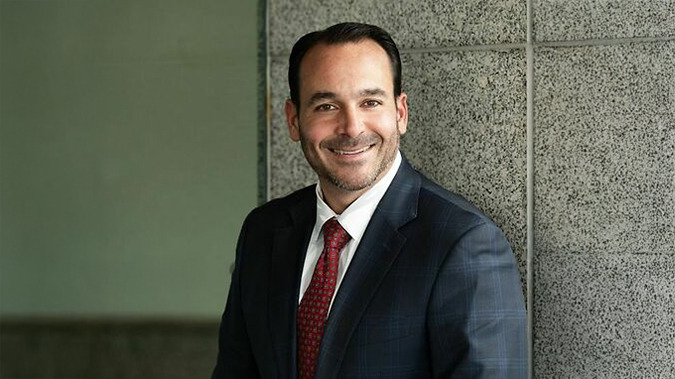WASHINGTON, DC – The U.S. Department of Labor has announced the awards of nearly $2.5 million in grant funding to organizations in five states to help women affected by the opioid crisis to re-enter the workforce.
The 2019 Re-Employment, Support, and Training for the Opioid Related Epidemic (RESTORE) grants are intended to foster cooperative relationships among a wide range of entities, including workforce intermediaries, public health and substance abuse treatment professionals, and other human services and support services providers to offer skills development and employment services to benefit women workers.
The Department has awarded the 2019 RESTORE grants as follows:
Urban Workforce Advantage (UWA) - Northern New Jersey
UWA provides adult and vocational education services in low-income communities. The grant will provide 100 women in the region with occupational training and pre-apprenticeship opportunities, resulting in an industry-recognized certification or apprenticeship. UWA will also help women retain long-term employment through necessary recovery support services and follow-up tracking.
The Research Foundation for SUNY – University at Buffalo - New York State
The New York State Area Health Education Center works to improve health outcomes by addressing the workforce needs of medically disadvantaged communities and populations. The center builds partnerships between the institutions that train health professionals and the communities that need them most. The University at Buffalo, Department of Family Medicine and NYS Area Health Education Center will use the grant to provide soft skills development, resume writing, workshops, job readiness training, connection to relevant programming, networking and support services, and job placement efforts for approximately 200 women.
Total Action Against Poverty - Roanoke Valley, Virginia
Total Action Against Poverty helps individuals and families achieve economic and personal independence through education, employment, affordable housing, and safe and healthy environments. The grant will assist families in Greater Roanoke, New River Valley, and Alleghany Highlands by providing career services and job training to 120 women. TAP will target women in recovery with a history of opioid use disorder and women responsible for financially sustaining a household impacted by the opioid crisis.
Helen Ross McNabb Center - East Tennessee
The Helen Ross McNabb Center is a not‐for‐profit provider of behavioral health services. The center provides quality and compassionate care to children, adults and families experiencing mental illness, addiction and social challenges. The grant will fund the center’s Jail to Work RESTORE Expansion Project, which extends services to 80 women involved in the criminal justice system and affected by the opioid crisis. Program goals include providing women with job skills, life skills, supportive services, and increasing the number of women in family sustaining careers.
Public Health Management Corp. - Philadelphia, Pennsylvania
The Public Health Management Corp. is a non-profit organization providing outreach, health promotion, education, research, planning, technical assistance and direct services to communities in the Greater Philadelphia region. The grant will support its Recovery + Economic Growth (R+EG) plan in Philadelphia County. The plan includes employment training to 100 women receiving treatment for opioid use disorder, job placement services, and continued engagement to ensure employment retention support.
The Department’s Women’s Bureau and the Employment and Training Administration administer the grants. Learn more about the RESTORE grant program and grant recipients.
The mission of the Department of Labor is to foster, promote, and develop the welfare of the wage earners, job seekers, and retirees of the United States; improve working conditions; advance opportunities for profitable employment; and assure work-related benefits and rights.



